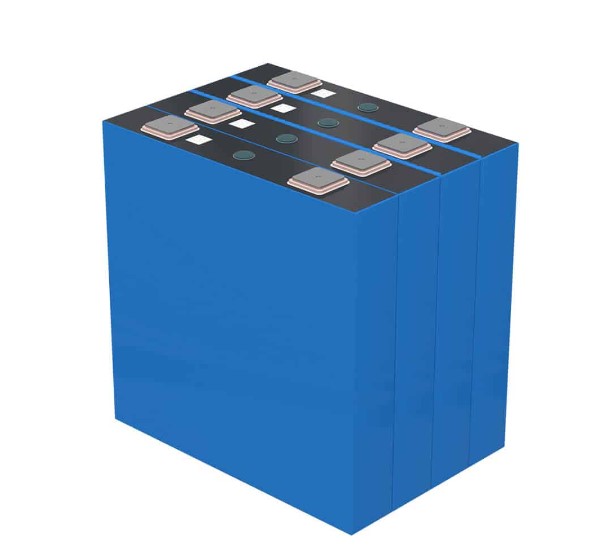Introduction
The 18650 lithium-ion battery has become a cornerstone in the world of rechargeable batteries, powering everything from laptops to electric vehicles. Its unique combination of size, capacity, and versatility makes it a preferred choice for a wide range of applications. This article explores the fascinating world of 18650 lithium batteries, their features and applications, and what makes them stand out in the battery industry.
Article Outline
- Understanding the 18650 Lithium Battery
- Comparing 18650 to Other Lithium-Ion Batteries
- The Role of BMS in 18650 Lithium Batteries
- Charging and Discharging: Maximizing the Lifespan of 18650 Batteries
- Applications: From Power Tools to Electric Vehicles
- 18650 vs. 21700 Batteries: What’s the Difference?
- The Importance of Voltage in 18650 Batteries
- Energy Density and Capacity: Why 18650 Stands Out
- Safety Concerns and Precautions with Lithium Batteries
- The Future of 18650 Batteries in Energy Storage and Beyond
Understanding the 18650 Lithium Battery
The 18650 battery is a type of lithium-ion cell known for its cylindrical shape. Measuring 18mm in diameter and 65mm in length, it provides a balance of high energy density, a long lifespan, and reliability, making it a popular choice in various sectors.
Comparing 18650 to Other Lithium-Ion Batteries
While there are various lithium-ion batteries, the 18650 stands out for its unique size and capacity. Its standardized form factor allows for versatility and compatibility with numerous devices, unlike other lithium-ion variants that may require custom designs.
The Role of BMS in 18650 Lithium Batteries
A battery management system (BMS) is crucial for 18650 batteries, ensuring safe operation. The BMS regulates charging and discharging, preventing overcharging, deep discharging, and overheating, which are critical for maintaining battery health and safety.
Charging and Discharging: Maximizing the Lifespan of 18650 Batteries
Proper charging and discharging are essential to maximizing the lifespan of 18650 batteries. Using the right charger and avoiding complete discharges can significantly extend the battery’s life and maintain its capacity.
Applications: From Power Tools to Electric Vehicles
The 18650 battery is versatile, powering a wide range of devices, from laptops and power tools to electric vehicles and renewable energy systems. Its high energy density and reliability make it an ideal choice for demanding applications.
18650 vs. 21700 Batteries: What’s the Difference?
The 21700 battery is a newer lithium-ion variant, slightly larger than the 18650. It offers higher capacity and energy density, but the 18650 remains popular due to its established presence and compatibility with existing devices.
The Importance of Voltage in 18650 Batteries
Voltage is a critical factor in 18650 batteries, typically ranging around 3.6V to 3.7V. This voltage range makes them suitable for applications requiring high power output and efficiency.
Energy Density and Capacity: Why 18650 Stands Out
The 18650 battery offers high energy density, providing more power in a smaller package. Capacities typically range from 2500 mAh to 3400 mAh, making them suitable for applications requiring extended run times and high power.
Safety Concerns and Precautions with Lithium Batteries
Safety is paramount when using lithium batteries. Risks include overheating and potential fires, making it essential to use them with devices that have proper safety mechanisms and to follow manufacturer guidelines for charging and storage.
The Future of 18650 Batteries in Energy Storage and Beyond
The future of 18650 batteries looks promising, with potential advancements in capacity, efficiency, and safety. As technology evolves, it is expected to play an even more significant role in energy storage and other high-demand applications.
Conclusion
- 18650 lithium batteries are versatile and efficient, ideal for various applications, from small electronics to electric vehicles.
- They offer a balance of high energy density, a long lifespan, and safety, making them a preferred choice in the rechargeable battery market.
- Proper use and maintenance are key to maximizing their potential and ensuring safety.
- The future of 18650 batteries is bright, with ongoing advancements enhancing their capacity and efficiency.
The 18650 lithium battery represents a critical advancement in rechargeable battery technology. Its widespread use across multiple industries underscores its reliability and efficiency, making it a vital component in the push toward more sustainable and portable energy solutions.


